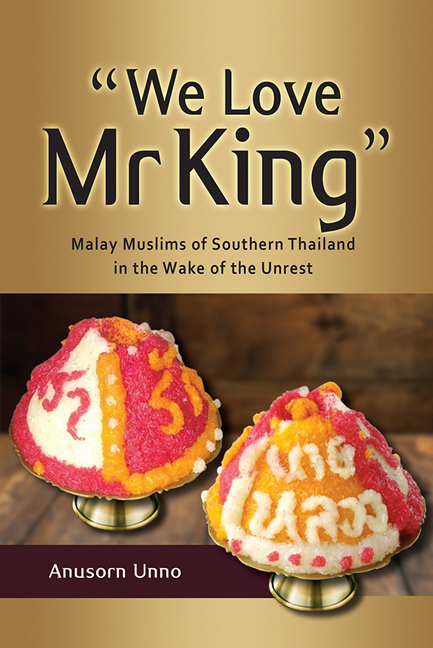Book contents
- Frontmatter
- Dedication
- Contents
- List of Tables and Figures
- Acknowledgements
- Main “Dramatis Personae”
- Introduction
- Chapter 1 Guba
- Chapter 2 Winds of Change
- Chapter 3 Subjectivities on the Rise
- Chapter 4 The Clashes
- Chapter 5 Living Lives with Multiple Subjectivities
- Chapter 6 Engaging with the Sovereigns
- Conclusion: Sovereignty in Crisis
- Bibliography
- Index
- About the Author
Chapter 6 - Engaging with the Sovereigns
Published online by Cambridge University Press: 12 February 2019
- Frontmatter
- Dedication
- Contents
- List of Tables and Figures
- Acknowledgements
- Main “Dramatis Personae”
- Introduction
- Chapter 1 Guba
- Chapter 2 Winds of Change
- Chapter 3 Subjectivities on the Rise
- Chapter 4 The Clashes
- Chapter 5 Living Lives with Multiple Subjectivities
- Chapter 6 Engaging with the Sovereigns
- Conclusion: Sovereignty in Crisis
- Bibliography
- Index
- About the Author
Summary
The notion of sovereignty has captured attention across academic disciplines, especially in anthropology. Although Thomas Blom Hansen and Finn Stepputat (2006, p. 296) argue that the return of sovereignty as a central concern in anthropology has been informed by the work of Giorgio Agamben, the discussion of sovereignty in anthropology is also informed by Michel Foucault's works. Foucault cautions readers not to view the emergence of governmentality in terms of total replacement. Rather than the elimination of sovereignty by discipline and of discipline by governmentality, what exists, argues Foucault, is a triangularity of sovereigntydiscipline- governmentality, which “has as its primary target the population and as its essential mechanism the apparatuses of security” (Foucault 1991, p. 102). Foucault reminds readers of the existence of sovereignty in contemporary power relations, although he has not demonstrated how it operates and converges with the two other modes of power.
Anthropologist Aihwa Ong elaborates on the notion of sovereignty using Foucault as a backdrop. She argues that Agamben conceptualizes the notion of exception too narrowly, regarding it only as a fundamental principle of sovereign rules. The exception, she maintains, can be conceptualized more broadly as “an ordinary departure in policy that can be deployed to include as well as to exclude” (Ong 2006, p. 5). She argues that, in practice, sovereignty is manifested in multiple, contradictory strategies. Rather than a singularity or a simple opposition of normativity and exception, as Agamben suggests, sovereign power is a “shifting and flexible ensemble of heterogeneous calculations, choices, and exceptions that constitute security, life, and ethics” (Ong 2006, p. 10). Drawing on Foucault's notion of governmentality — the right disposition of things, arranged so as to lead to a convenient end (Foucault 1991, p. 93) — Ong proposes a notion of neoliberal exception, arguing that, rather than simply an economic doctrine, neoliberalism is the most recent development of biopolitics and in particular a governmentality that “relies on market knowledge and calculations for politics of subjection and subject-making” (Ong 2006, p. 13). In addition, Ong maintains that governmentality involves two entangled processes of subjectification: “one is subjected to someone else by control and dependence [subjection], and tied to one's own identity by a conscience of self-knowledge [selfmaking]” (Ong 2003, p. 15).
- Type
- Chapter
- Information
- "We Love Mr King"malay Muslims of Southern Thailand in the Wake of the Unrest, pp. 212 - 235Publisher: ISEAS–Yusof Ishak InstitutePrint publication year: 2018

